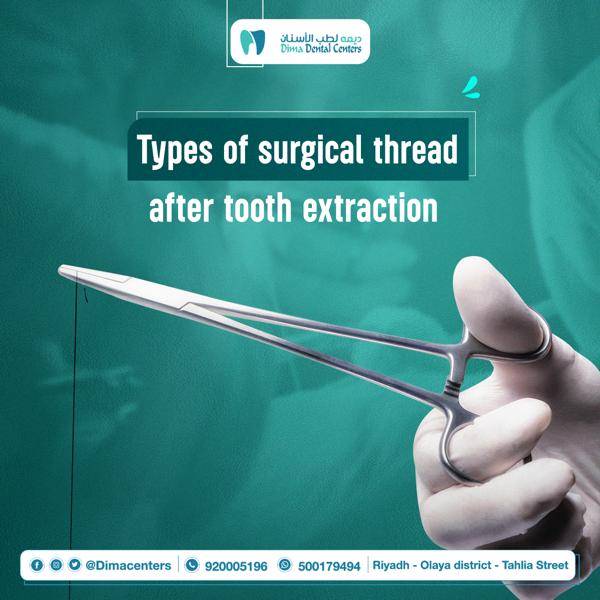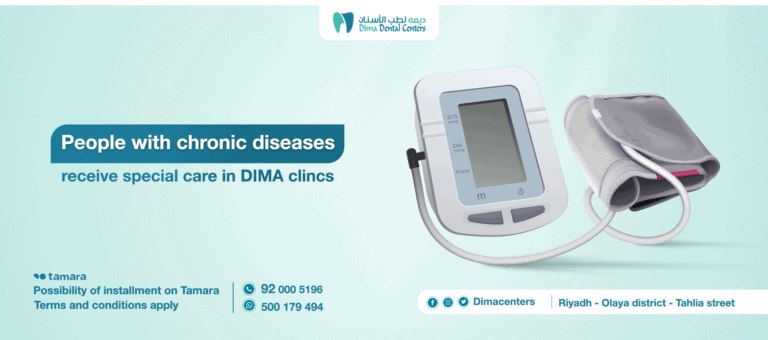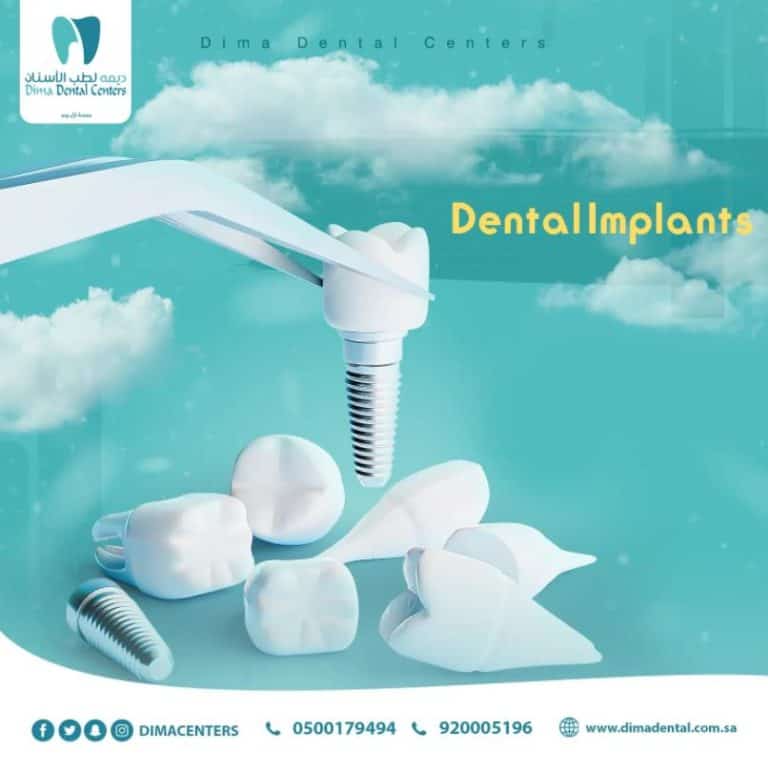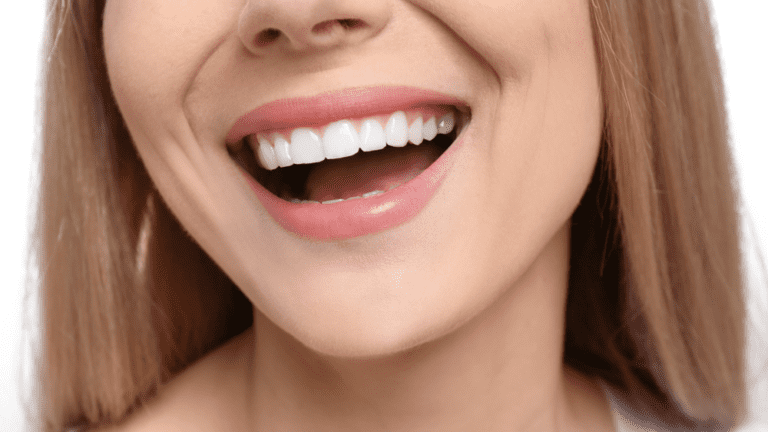Dental Bone Erosion
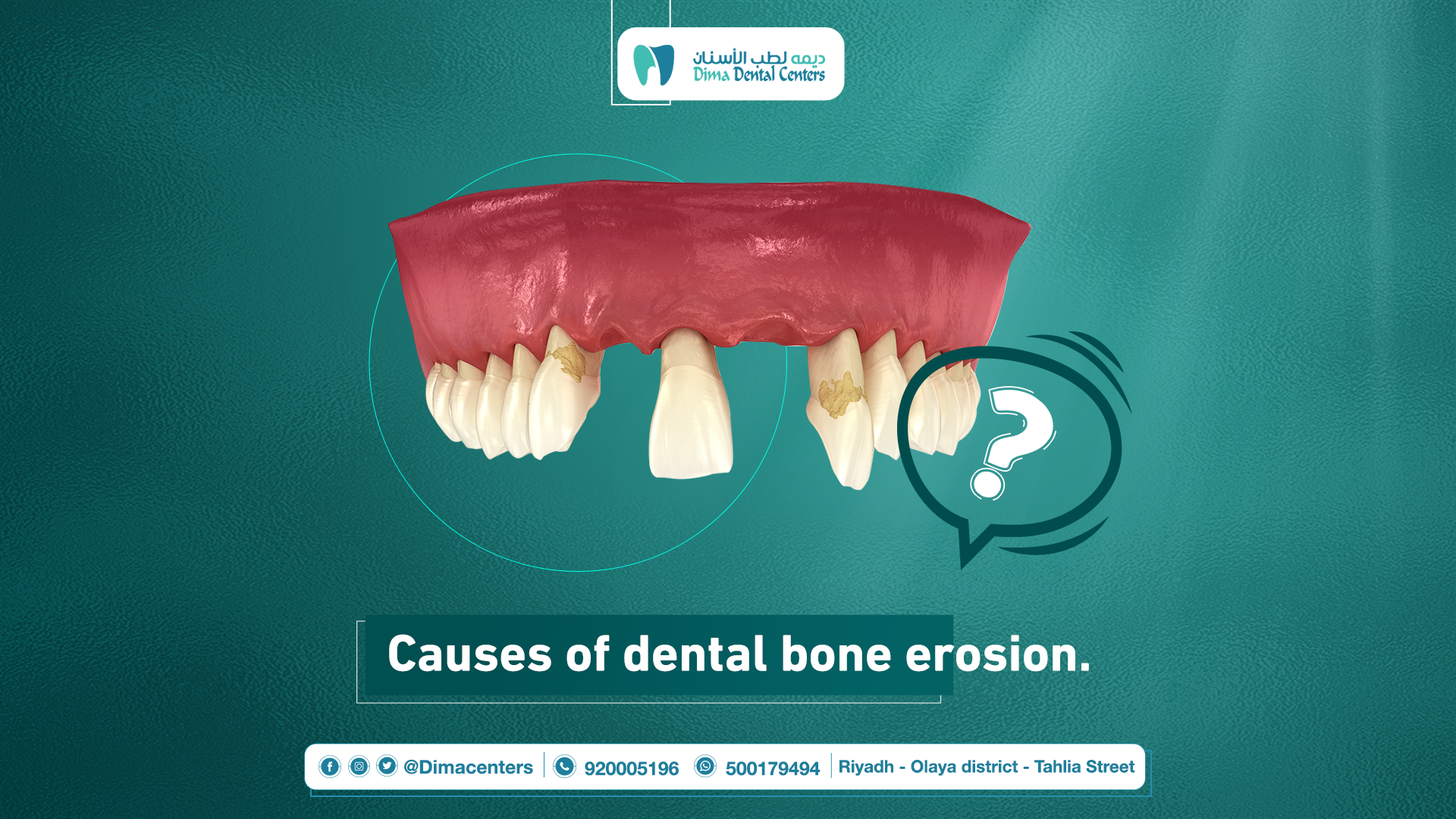
Causes of dental bone erosion
Dental bone erosion is a serious problem that can lead to a number of health complications. There are many causes of dental bone erosion, and it is important to be aware of them in order to protect your teeth and jaw. Dental bone erosion is the process by which the bone supporting the teeth is gradually lost. A number of factors can contribute to this, including diet, acid reflux, and certain medications.
Causes of dental bone erosion
There are many causes of dental bone erosion including:
- Diet: Foods and drinks that are high in acidity can contribute to the erosion of dental bones. For example, citrus fruits, soda and coffee can lead to bone loss.
- Hygiene: Poor oral hygiene leads to erosion of the teeth bones, because plaque and tartar can accumulate on the teeth, which then leads to the loss of bone tissue.
- Age: As we age, our teeth become less dense and more porous, making them more vulnerable to bone loss.
- Disease: Some diseases, such as periodontitis, cause bone loss.
- Trauma: Injury to the teeth leads to bone loss.
loss of tooth structure
Loss of tooth structure due to acid can occur above and below the gum line and affect both the root and crown of the tooth. There are many potential causes of tooth bone erosion, including lifestyle choices and medical conditions.
Dental bone erosion can be caused by a number of different things, including acidic foods and drinks and gum disease. Acidic foods and drinks cause tooth enamel to break down, which can lead to dental bone erosion. Gum disease can also cause tooth bone erosion by causing the gums pull away from the teeth, which can allow bacteria to enter the jawbone.
Other causes of dental bone wear include mechanical wear, as well as disease and infection. Mechanical wear and tear occur simply from using your teeth to bite and chew. Over time, this wears away tooth enamel and underlying bone. Disease and infection also lead to bone loss. For example, periodontal disease is an infection of the gum tissue that can destroy the bone that supports the teeth.
Dental bone erosion is a problem that leads to tooth loss
Teeth are held on by the bone that surrounds and supports them, and when this bone wears down, it cannot provide the support the teeth need, and may eventually fall out.
One of the causes of tooth bone erosion is acid erosion, which occurs when acidic substances come into contact with the teeth. Common sources of acid erosion include soft drinks, fruit juices, and vinegar. The acidity in these substances breaks down tooth enamel, exposing the underlying dentin to erosion.
When your teeth come into contact with acidic substances, the minerals in your teeth slowly erode away. This process is known as erosion of the bone of the teeth. Over time, this erosion leads to the formation of cavities in your teeth. In severe cases, it can lead to tooth loss.
Factors that increase the risk of dental bone erosion
There are many risk factors for dental bone erosion and they are as follows:
- Firstly, frequent vomiting also erodes the dental bones, because the stomach acid that appears during vomiting can damage the teeth and dental bones.
- Another risk factor for dental bone erosion is dry mouth, because saliva helps protect teeth from acidic foods and drinks, and when saliva is low, teeth are more susceptible to damage. In addition, some medications can cause dry mouth, which can lead to bone erosion. the teeth.
- Finally, poor dental hygiene can also lead to dental bone erosion, because plaque and tartar can build up on the teeth, which can create an acidic environment, and this then leads to tooth bone damage. Therefore, it is important to brush and floss regularly, and to consult a dentist. Teeth for regular cleaning.
Tooth decay is eroding them
Food choices contribute to the erosion of tooth bone. Foods and drinks that are high in acidity can break down enamel, making teeth more susceptible to decay. Soft drinks, sports drinks, and citrus fruits are all examples of beverages that can cause tooth erosion.
Medications that cause tooth bone erosion
Some medications also cause bone erosion in the teeth. Some medications, such as aspirin and other anti-inflammatory medications, can make the teeth more susceptible to acid. This can lead to a breakdown of the enamel and eventually erosion of the tooth bone.
Aspirin and other pain relievers work by inhibiting the production of prostaglandins. Prostaglandins are hormone-like substances involved in inflammation. When prostaglandins are inhibited, inflammation is reduced. However, this also reduces the production of mucus that protects the stomach lining from stomach acid and causes stomach acid to enter. into the bloodstream and damage teeth.
Smoking and tobacco use
Smoking and tobacco use are among the causes of tooth bone erosion. Tobacco products contain nicotine, a known toxin that can damage teeth and gums. When nicotine is combined with other chemicals in tobacco, it becomes even more harmful.
Not only does smoking erode the bone of the teeth, but it also increases the risk of other gum diseases, such as gingivitis and periodontitis. Chewing tobacco doubles your risk of developing these diseases because it keeps nicotine and other harmful chemicals in direct contact with your teeth and gums.
The effects of smoking on dental bone wear are cumulative. This means that the longer a person smokes, the more damage is done to the teeth and gums. Quitting smoking is the best way to prevent further damage.
There are several ways to quit smoking, and the best method depends on the will of the person. Some people are able to quit smoking on their own, while others may need medication or counseling to help them through the process. Regardless of the method you pursue in quitting smoking, it is important to strive Get support from family and friends to increase your chances of success in quitting.
Protecting teeth from erosion
Some things you can do to help prevent dental bone erosion include:
- First, try to avoid acidic drinks and foods, if you do, make sure you brush your teeth afterwards.
- You should also visit your dentist regularly; they can help detect any early signs of dental bone wear and prevent it from becoming a more serious problem.
- You can help prevent cavities by brushing and flossing regularly. This removes food and plaque that bacteria feed on.
All of the above causes of tooth bone erosion if not treated, lead to tooth loss. In fact, it is the most common cause of tooth loss in adults. If you suffer from these causes, it is important that you see a dentist or oral health care professional so that they can determine the cause and a treatment plan.


